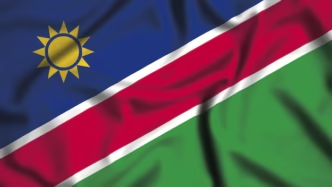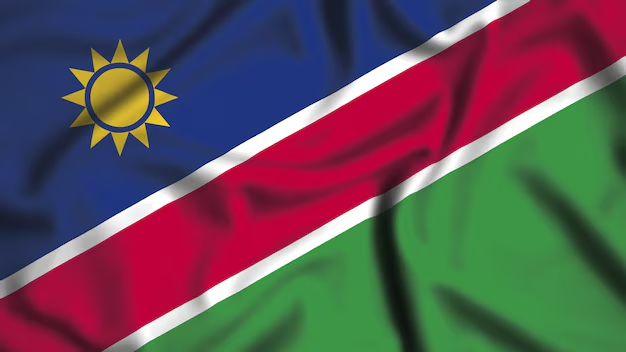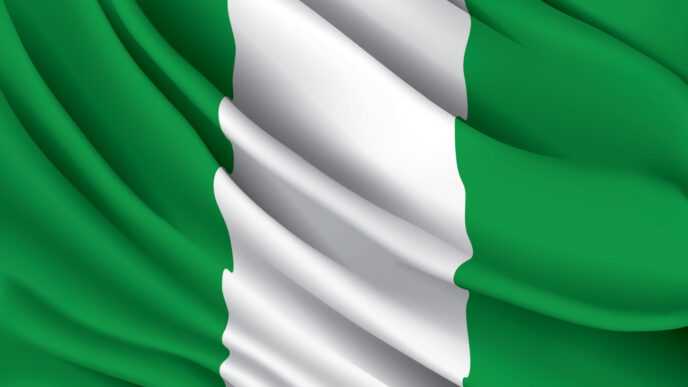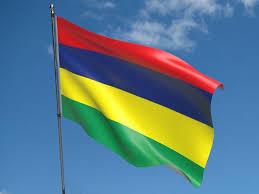By Genevieve Azelama
Namibia officially celebrated its first Genocide Remembrance Day on Wednesday, remembering more than a century since German colonial troops committed atrocities against the Herero and Nama peoples, in a somber and stirring ceremony conducted in the National Parliament’s gardens. The occasion marks a significant milestone in the nation’s ongoing fight to address past pain and pursue justice according to its standards.
Tens of thousands of Herero and Nama people were killed and forcibly displaced by German colonial troops in what was then German South West Africa between 1904 and 1908, under the ruthless leadership of General Lothar von Trotha. In conditions so terrible that they are now commonly acknowledged as the first genocide of the 20th century, survivors were forced to work, sent into the desert to perish, or imprisoned in concentration camps.
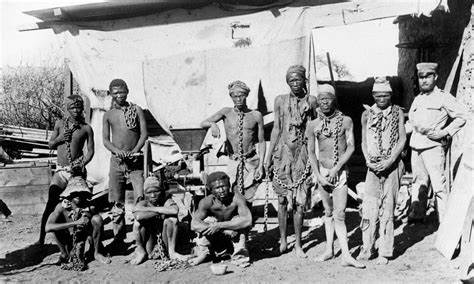
Calls for official recognition and a national day of remembrance from Herero and Nama descendants were ignored for years. Last year, that changed when the Namibian government affirmed the need for national healing and the lasting agony of the genocide by making May 28 a national public holiday.
After more than ten years of negotiations, Germany legally recognized the killings as a genocide in 2021 and pledged to donate €1.1 billion (about $1.3 billion USD) over 30 years to support development projects in Namibia. However, impacted communities have turned down this offer, claiming it is inadequate and lacks a structured reparations system.
Deeper problems with the legacy of colonial brutality and the protracted pursuit of justice are reflected in the tension. Development aid, according to many, cannot replace actual reparations or end decades of institutional silence and historical denial. The Namibian government is still working toward a more fair and considerate deal that prioritizes the rights and opinions of people who will be directly affected.
More than a dozen Herero and Nama victims’ skulls and human remains that had been kept in German institutions for years and used in racist pseudo-scientific experiments were returned by Germany in 2018. Despite the gesture’s importance, some contend that real justice requires more than just token gestures.
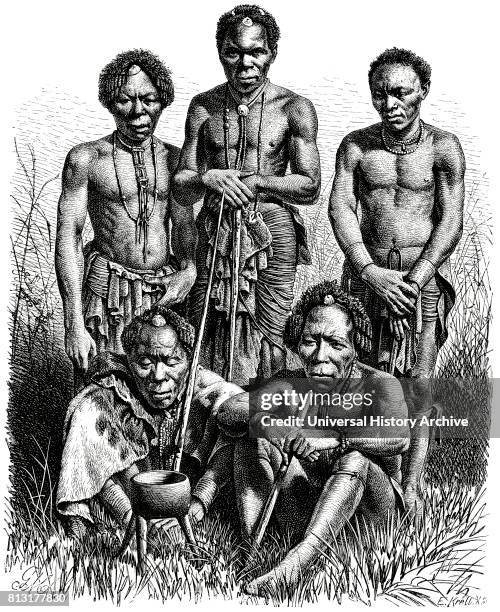
This Genocide Remembrance Day signifies a fresh urgency for Pan-African remembrance, justice, and sovereignty over historical narrative, and it goes beyond simply commemorating the past.
Namibia’s action will probably be seen as part of a larger response to colonial violence, land theft, and cultural erasure throughout Africa and the diaspora. Namibia’s solemn yet determined event serves as a reminder to the globe that historical accountability is a moral imperative rather than a diplomatic courtesy as nations around the continent deal with the scars left by empire.
